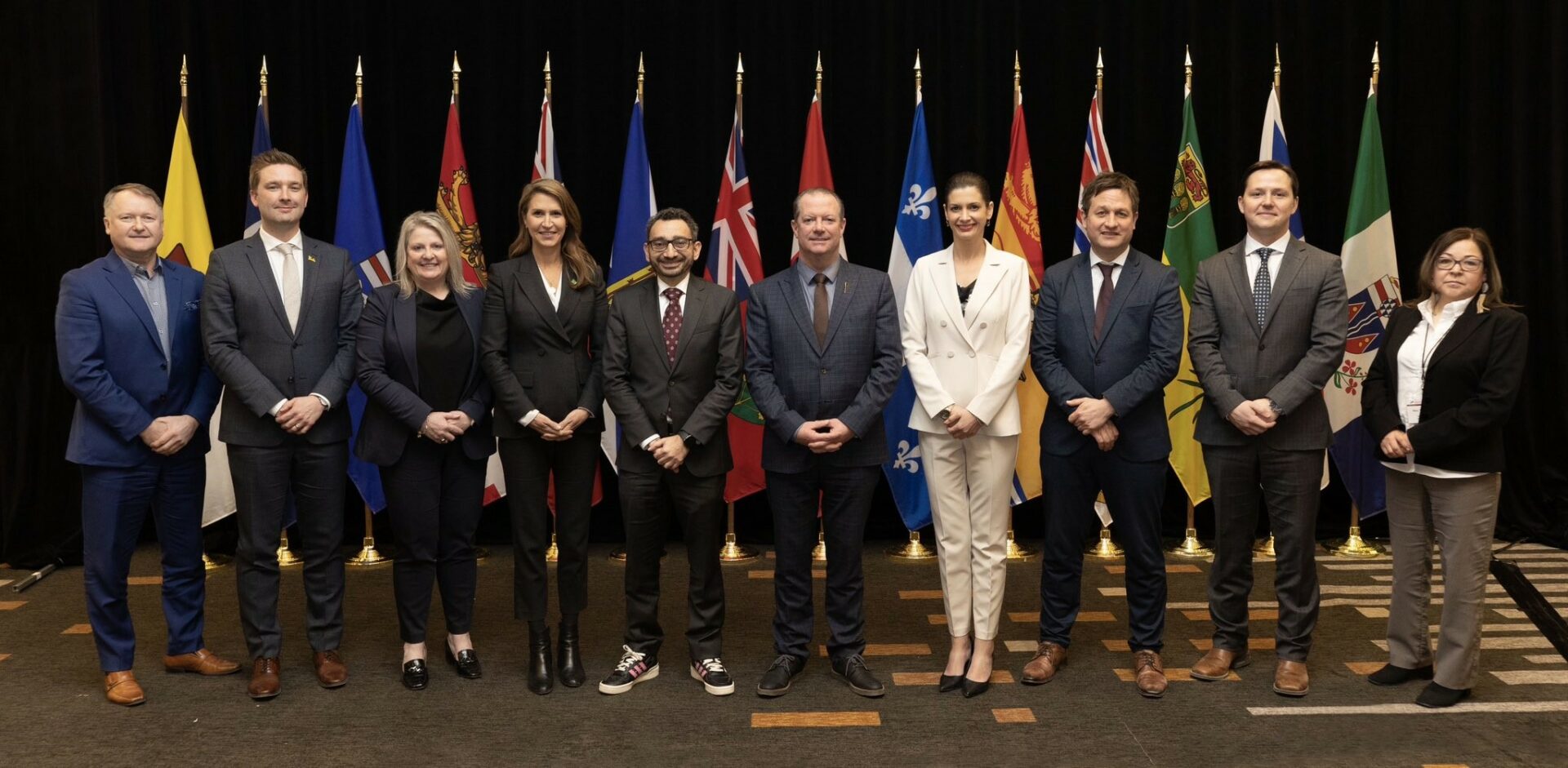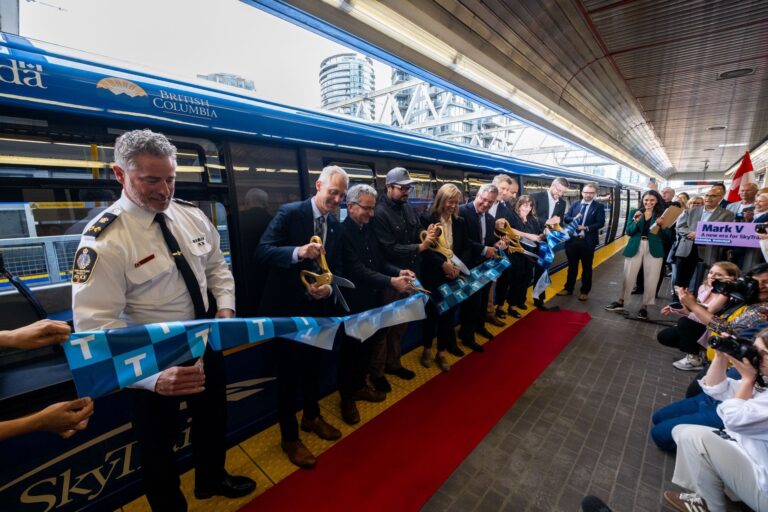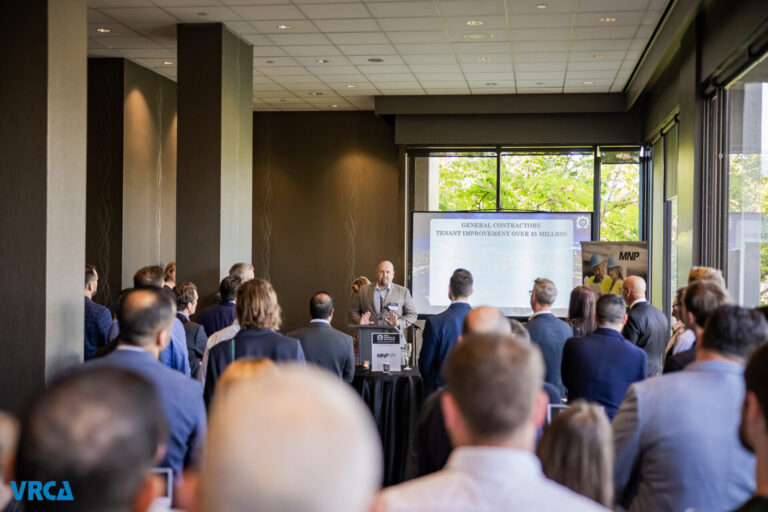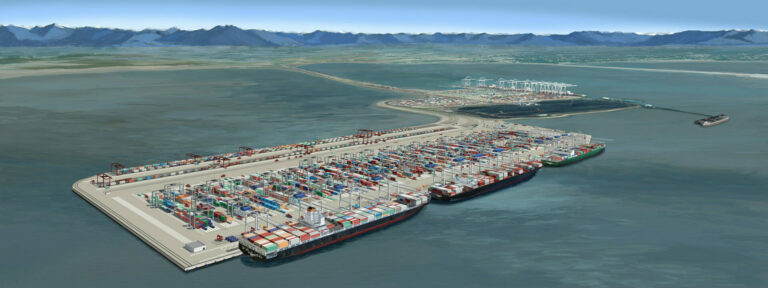Canada’s Minister of Transport, Omar Alghabra, and the Minister of Transportation and Infrastructure for New Brunswick, Jeff Carr, co-chaired the annual meeting of the Council of Ministers Responsible for Transportation and Highway Safety.
The meeting was focused on building stronger supply chains and trade corridors, as well as on fighting and adapting to climate change.
During the meeting, the Conference Board of Canada spoke about labour shortages in Canada and their cost to the Canadian economy, as well as in each province and territory. The ministers also received an update on the performance of the transportation sector, and discussed the recovery of the air sector, electronic logging devices, excessive motor vehicle noise, school bus safety, innovation and vulnerable road users.
“Our supply chain continues to face challenges across the country, impacting the price and how we transport goods, as well as how we travel. Today, I was happy to discuss transport issues with my provincial and territorial counterparts, and I feel confident we are moving in the right direction together to address labour shortages, fight climate change, create good middle class jobs, and build an economy that works for everyone,” said Alghabra.
“Over the past few years, we have all experienced transportation supply chain and trade corridor issues in addition to the impact of extreme weather events caused by climate change,” said Carr. “At this meeting we highlighted this fragility and emphasized our need to continue to work with our federal counterparts to build stronger supply chains and more climate resilient infrastructure.”
Moving forward, federal, provincial, and territorial ministers will continue to work together to strengthen North American supply chains, enhance transportation safety, and collaborate on climate change efforts so Canadians benefit from safe, reliable, efficient, and modern transportation infrastructure.
Supply Chains
Ministers recognize the importance of an efficient transportation system that is competitive and supports trade initiatives to ensure Canada’s continued success on the global stage, and to ensure that Canadians have affordable goods on time. They discussed collaborative ways that the federal, provincial and territorial governments can work together on actions to improve supply chain efficiency and resiliency and build stronger trade corridors and gateways.
A roundtable discussion took place on supply chain priorities such as proactive monitoring of system performance (e.g., information and data sharing), system redundancies and alternatives, and critical investment needs. The Ministers also considered economic corridors, including transportation infrastructure priorities to address supply chain issues and to ensure Canada has the infrastructure capacity to support future trade growth and access to markets. Ministers discussed sustained and predictable funding for upgrades and maintenance, as well as aligning investment plans with construction industry capacity.
Labour supply and skills development
The transportation sector in Canada is facing acute labour and skills shortages leading to disruptions in the movement of goods and people across the country. Recognizing that a robust transportation workforce is necessary for resilient supply chains, ministers discussed the challenges in the sector, and the need to work collaboratively, and where appropriate, with counterparts responsible for training and immigration, to help reduce labour and skills shortages and create good middle class jobs for Canadians.
Fighting climate change
Ministers discussed continued efforts to increase climate resilience and reduce pollution in the transportation sector through collaboration with the working group established last year on transportation adaptation.
National Indigenous Organizations
Today’s meeting was preceded by a meeting of ministers and Indigenous representatives from National Indigenous Organizations during which reconciliation and shared transportation issues, including the need for efficient and resilient supply chains for Indigenous communities were discussed.
Featured image: (Transport Canada)











